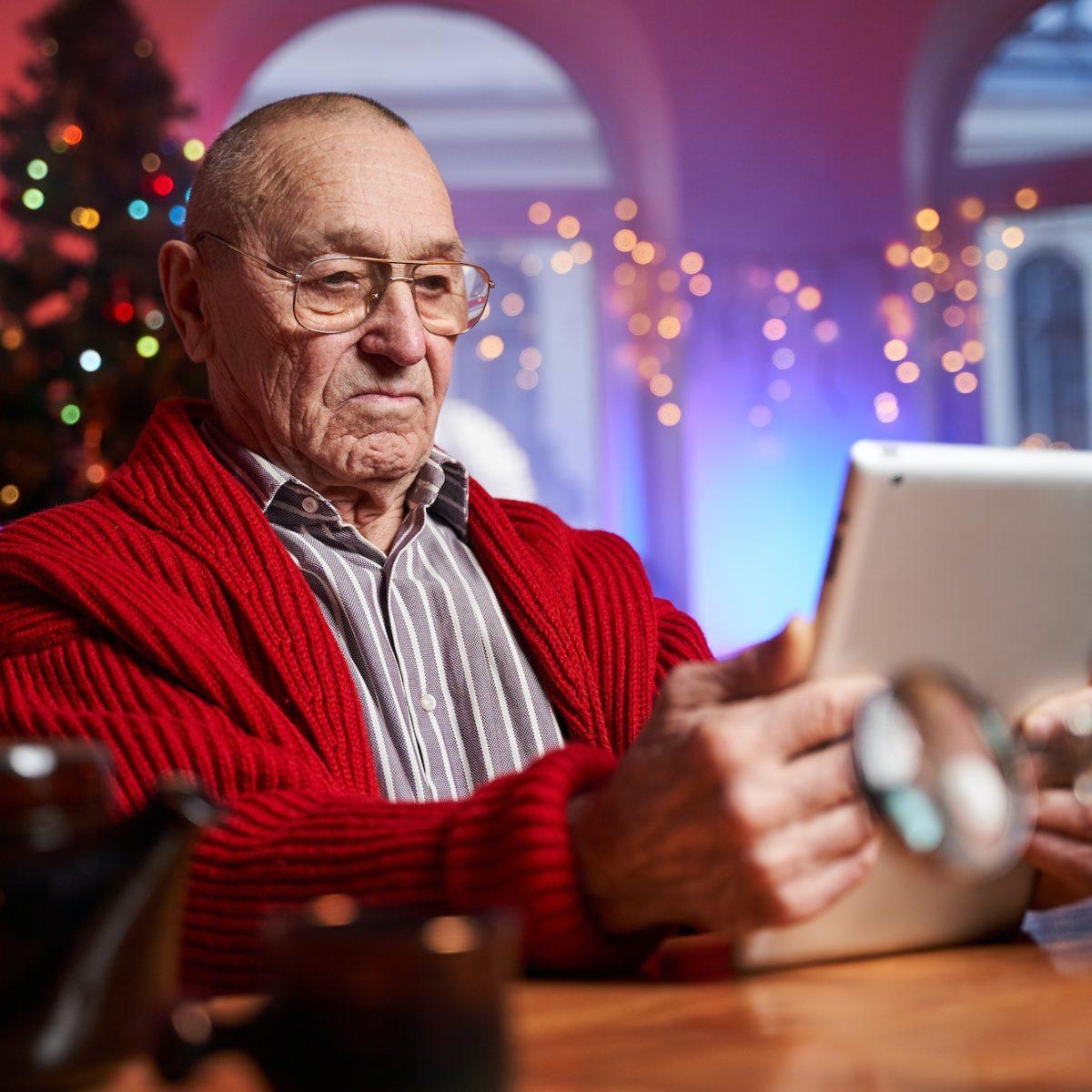Revolutionizing Elderly Home Care Services
Providing elderly home care services is an essential and growing field as the population ages. While caregivers strive to provide high-quality care, technology can enhance their ability to do so.
In this article, we will discuss some innovative ways that technology can improve elderly home care services and benefit seniors.
1- Wearable Technology for Seniors
Wearable technology is becoming increasingly popular among seniors, as it can help them monitor their health and stay connected with loved ones. Devices like smartwatches and fitness trackers can track vital signs like heart rate and blood pressure, while also providing medication reminders and fall detection alerts. These devices can give seniors greater independence and peace of mind, while also providing caregivers with valuable data to help them provide better care.
2- Smart Home Technology for Elderly Home Care Services
Smart home technology can make a significant difference in the lives of seniors who receive home care services. Devices like smart thermostats, lighting systems, and security cameras can provide comfort, convenience, and safety. For example, caregivers can use smart lighting systems to ensure that seniors have adequate lighting when moving around the house at night, reducing the risk of falls. Smart home technology can also help caregivers monitor seniors remotely, giving them greater flexibility while ensuring that seniors are safe and comfortable.
2- Virtual Reality for Elderly Home Care Services
Virtual reality (VR) is another technology that can enhance elderly home care services. VR can be used to provide seniors with immersive experiences, like virtual tours of museums or travel destinations. It can also be used to simulate real-world scenarios, like practicing mobility skills or coping with anxiety. VR can help seniors stay engaged and connected, reducing feelings of isolation and loneliness.
3- Artificial Intelligence for Caregiving Assistance
Artificial intelligence (AI) can assist caregivers by analyzing data and providing insights that can help them provide better care. Ronin 4D, a cutting-edge AI platform, can analyze sensor data from smart home devices to detect patterns and identify potential issues, like changes in sleeping or eating patterns. AI can also help caregivers personalize care plans based on individual needs and preferences, improving the overall quality of care.
By leveraging AI, caregivers can provide a higher level of care to seniors and ensure that they are safe, comfortable, and well-cared for.
4- Technologies for Mobility issues
Caregivers who assist seniors with mobility issues must be careful to avoid injuries while transferring them from one location to another. One way to mitigate this risk is by using a digital force gauge, a device that measures the amount of force applied during transfers. This tool helps caregivers avoid exerting too much force, which can lead to injuries like muscle strains or even fractures. With a digital force gauge, caregivers can ensure that they are using the right amount of force to safely transfer seniors, minimizing the risk of injury.
By using tools like this, caregivers can provide high-quality care to seniors without compromising their safety.
Conclusion
Technology is rapidly evolving, and its potential applications in elderly home care services are vast. Wearable technology, smart home technology, virtual reality, and artificial intelligence are just a few examples of how technology can enhance the lives of seniors and the quality of care they receive.
As the demand for elderly home care services continues to grow, caregivers and healthcare professionals must continue to explore and embrace new technologies to provide the best possible care.
